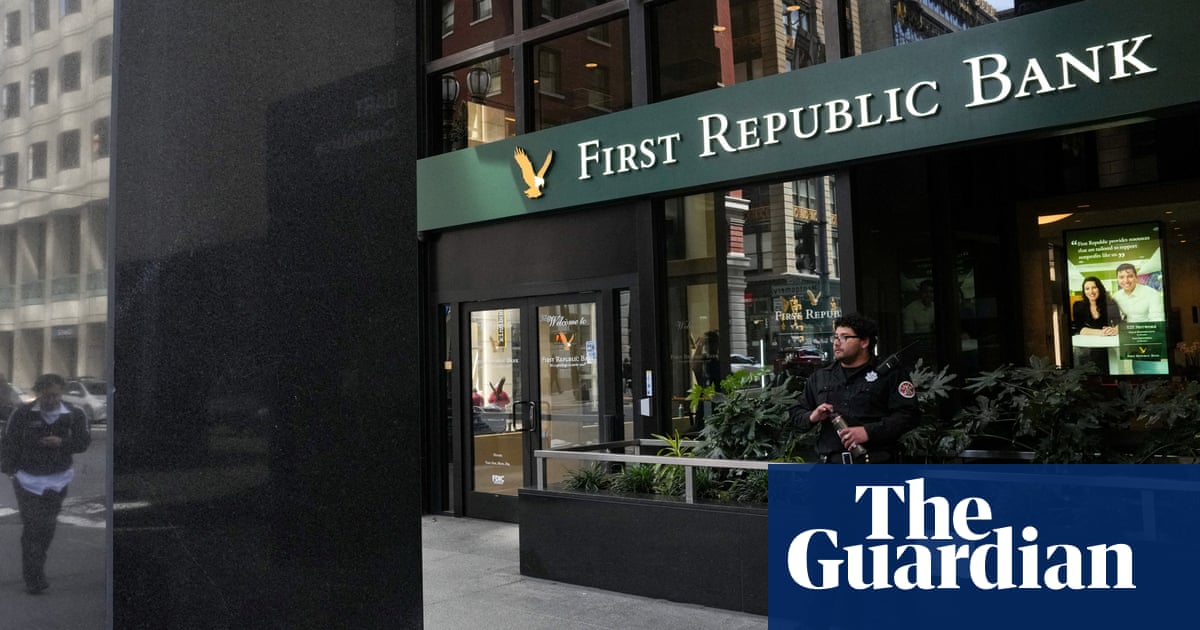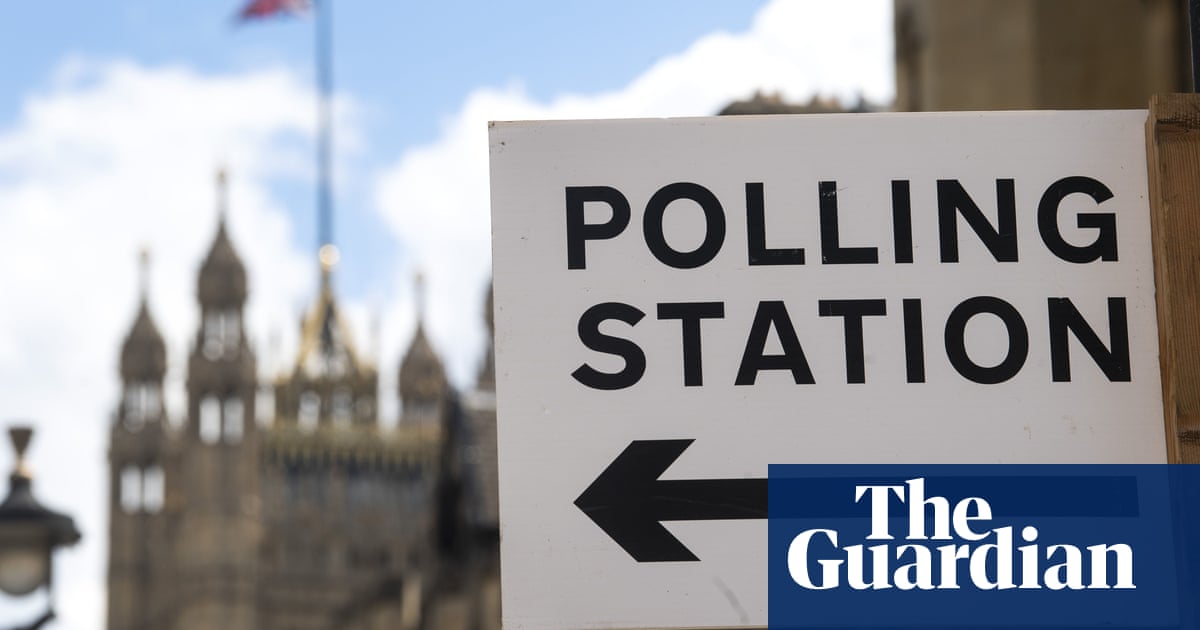
Time is running out for FTSE 100 firms, including the British Airways owner IAG, BAE Systems and JD Sports to appoint at least one director of colour before a year-end deadline, after analysis showed nearly a fifth of the UK’s largest listed firms were led by all-white boardrooms.
An update from the Parker review, a government-backed report into ethnic diversity in boardrooms of stock market-listed companies, showed that 81 FTSE 100 firms had now met the voluntary target for “one by 2021”, up from 52 last year.
However, 19 companies, including the housebuilder Persimmon and the asset manager M&G have just nine months to meet the minimum standards set out by the review. Three of the 19 firms provided no data on their diversity levels, including Just Eat and the retailer Next.
Karan Bilimoria, the president of the CBI and its first black and minority ethnic head, said: “This is an important milestone, but not job done. Companies need to keep up momentum with actions to improve ethnic diversity at every level, developing talented future leaders from across society. We need to see those last few firms do what the large majority have done already, and end the all-white boardroom.”
The Parker review, which launched in 2017, gave FTSE 100 firms until the end of 2021 to appoint at least one non-white board-level director. The same target was set for the FTSE 250 companies, but with a deadline of 2024.
While the Parker review committee praised the “significant progress” made by firms in the past 12 months during the pandemic, the total number of BAME directors holding top board positions was still strikingly low.
People from BAME backgrounds hold just 124, or 12%, of the 998 director positions across the FTSE 100 index. That is up from 98, or 9.7%, of 1,011 positions last year. There are only five ethnic minority chief executives leading FTSE 100 firms, all of whom are men. They include Ivan Menezes of the alcohol firm Diageo, Octavio Alvídrez, head of the Mexican mining company Fresnillo, and Ivan Arriagada of Antofagasta.
However, as Green Park, the diversity consultant and recruitment firm, revealed in February, there are no black executives in any of the FTSE 100’s top three executive positions. That is despite calls for greater representation of people from black backgrounds after the resurgence of the Black Lives Matter movement, sparked by the killing of George Floyd by Minneapolis police last year.
The Parker review has not revealed the proportion of black representation in its own statistics, but Sir John Parker said the review would request that data from the FTSE 100 and FTSE 250 in future.
Parker said a lot had changed since he appointed a BAME director to the board of Babcock more than 20 years ago, and brought Dipesh Shah on board as a non-executive in the late 1990s, but there was a lot more to do to improve gender and ethnic diversity.
While businesses had become more “comfortable” with boardroom diversity, Parker said the next step was to ensure that more women and BAME candidates moved up the corporate ladder to fill executive roles.
However, he said, it was important to commend firms and headhunters for their efforts so far. “There’s been tremendous commitment.”
Shareholders are also pressuring firms to make progress, given evidence that companies with more diverse boardrooms perform better than all-white, all-male ones.
The Investment Association, which represents asset managers with more than £8.5tn under management, said it would “continue to engage with listed companies to understand how they plan to meet the Parker review targets”.
FTSE 100 companies that have not met the Parker review targets
3i Group
Auto Trader Group
BAE Systems
CRH
Croda International
DCC
DS Smith
Evraz
Ferguson
HomeServe
Informa
IAG
JD Sports Fashion
London Stock Exchange group
M&G
Persimmon
Ashtead*
Just Eat*
Next*
*Indicates firms that did not provide data requested by the Parker review












